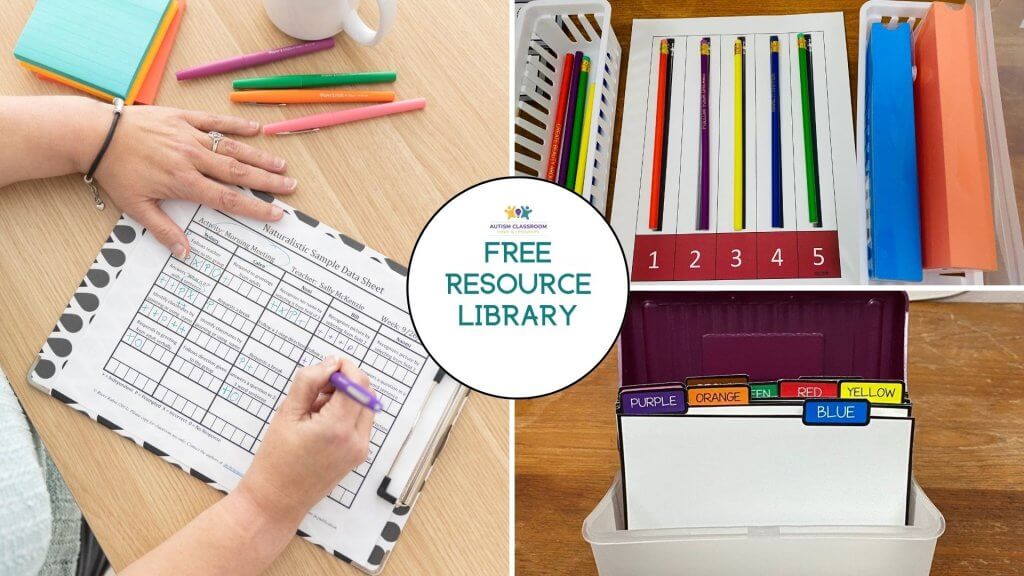THESE ARE THE UNDERLYING BELIEFS THAT SUPPORT OUR WORK WITH SCHOOLS.
- The educational model should integrate a variety of evidence-based strategies into an individualized program for each student and provides for monitoring and modifying the program based on data collected on each student.
- The focus of the program should be on skills that will be useful for the individual across environments, skills that will promote independence and initiating interaction and communication with others, and skills that will help the individual to become a more productive member of the school and community.
- Teachers must be highly trained in both the interventions and the ability to combine the strategies into a comprehensive and understandable plan for each student.
- High levels of organization are key to developing a classroom that can provide individualized instruction for each student while keeping the students working together as a functioning class. To achieve this, emphasis is placed on training on the following elements to assure that the classroom can support effective instruction.
- Highly structured classroom schedule
- Organization of classroom materials
- Effective use of furniture and space in the physical environment
- Staff schedule or zoning plan to maximize efficiency of staff
- Visual cues for supporting predictability and appropriate behavior
- Professional development programs should focus on building capacity of autism expertise in the classroom, district, and community to best serve individuals with ASD across the ages and the spectrum.
- Parents are partners in the educational planning process and should have access to training that allows them to participate and extend the program in the home.

